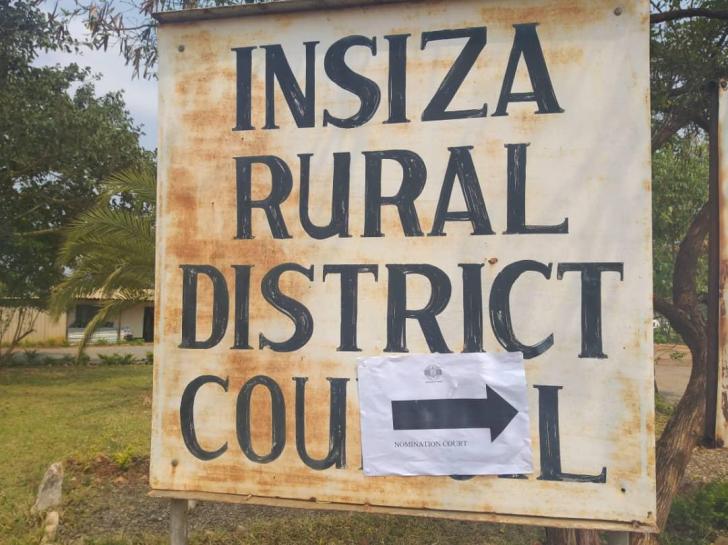News / National
Insiza RDC bans unauthorized borehole drilling
24 Nov 2025 at 05:49hrs |
0 Views

The Insiza Rural District Council (RDC) has enacted a ban on the drilling of boreholes within its jurisdiction without prior written permission, as part of efforts to regulate groundwater resources and protect public health. The new regulation was introduced under Statutory Instrument 168 of 2025, titled the Insiza Rural District Council (Water, Sewerage and Drainage) By-laws, 2025.
According to the by-law, "No person shall, without the prior written permission of the council, and except under such conditions as the council may specify, sink or dig a borehole on any stand." Prospective borehole owners are required to submit a written application, pay a prescribed fee at least 14 days before starting any work, and provide a scaled site plan showing the proposed borehole and the location of nearby sanitation facilities such as pit latrines, septic tanks, or French drains. Applicants must also provide details of the borehole's diameter, its intended purpose, and any additional information the council may request.
The by-laws establish strict conditions to prevent contamination of water sources. Boreholes intended for domestic use must be situated at least 30 meters from any pit latrine, septic tank, or similar facility. Boreholes used solely for gardening purposes can be located a minimum of 10 meters away.
Technical standards are also specified. Every borehole must be lined with impervious material to a depth of at least nine meters to prevent surface contamination. Pump houses or other structures housing borehole equipment cannot extend more than 750 millimeters above ground level unless specifically approved by the council.
The by-laws empower council health officers to require water quality testing for any borehole supplying domestic water in areas without council water. In addition, the regulations strictly prohibit cross-connections between private boreholes and the council's domestic water mains to safeguard public water supplies.
To ensure compliance, the council may require all existing borehole owners to register their installations with the local authority. The move comes amid growing water challenges across Zimbabwe, with private boreholes providing critical yet potentially unregulated sources of water for many households.
By tightening oversight and establishing clear technical and procedural requirements, the Insiza RDC aims to protect both public health and the sustainable management of the district's groundwater resources.
According to the by-law, "No person shall, without the prior written permission of the council, and except under such conditions as the council may specify, sink or dig a borehole on any stand." Prospective borehole owners are required to submit a written application, pay a prescribed fee at least 14 days before starting any work, and provide a scaled site plan showing the proposed borehole and the location of nearby sanitation facilities such as pit latrines, septic tanks, or French drains. Applicants must also provide details of the borehole's diameter, its intended purpose, and any additional information the council may request.
The by-laws establish strict conditions to prevent contamination of water sources. Boreholes intended for domestic use must be situated at least 30 meters from any pit latrine, septic tank, or similar facility. Boreholes used solely for gardening purposes can be located a minimum of 10 meters away.
The by-laws empower council health officers to require water quality testing for any borehole supplying domestic water in areas without council water. In addition, the regulations strictly prohibit cross-connections between private boreholes and the council's domestic water mains to safeguard public water supplies.
To ensure compliance, the council may require all existing borehole owners to register their installations with the local authority. The move comes amid growing water challenges across Zimbabwe, with private boreholes providing critical yet potentially unregulated sources of water for many households.
By tightening oversight and establishing clear technical and procedural requirements, the Insiza RDC aims to protect both public health and the sustainable management of the district's groundwater resources.
Source - NewsDay
Join the discussion
Loading comments…


































